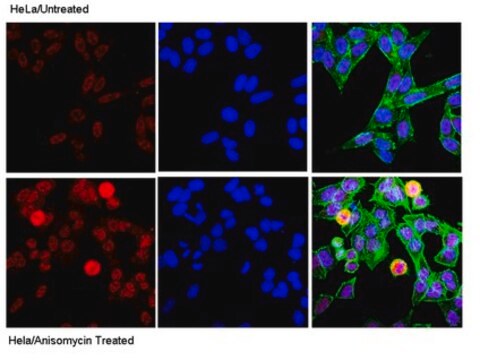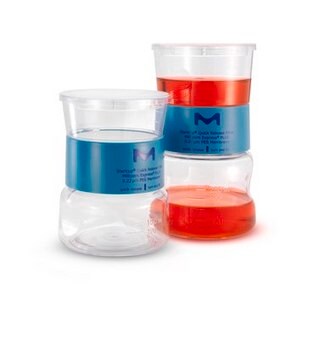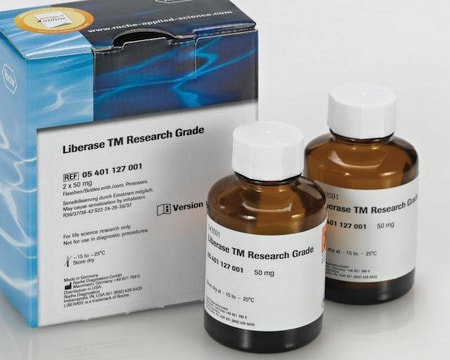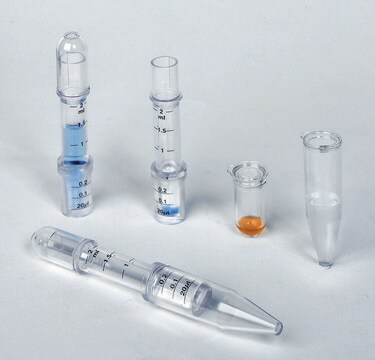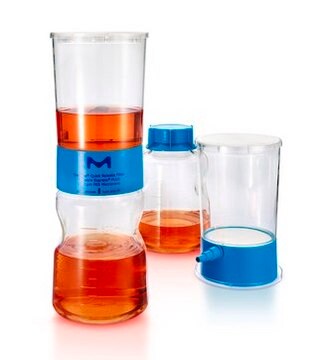ABE24
Anti-BPTF Antibody
from rabbit, purified by affinity chromatography
Synonim(y):
Protein Bptf, Bromodomain PHD-finger Transcription Factor
About This Item
Polecane produkty
pochodzenie biologiczne
rabbit
Poziom jakości
forma przeciwciała
affinity isolated antibody
rodzaj przeciwciała
primary antibodies
klon
polyclonal
oczyszczone przez
affinity chromatography
reaktywność gatunkowa
mouse, human
metody
immunoprecipitation (IP): suitable
western blot: suitable
numer dostępu NCBI
Warunki transportu
wet ice
docelowa modyfikacja potranslacyjna
unmodified
informacje o genach
human ... BPTF(2186)
mouse ... Bptf(207165)
Opis ogólny
Specyficzność
Immunogen
Zastosowanie
Epigenetics & Nuclear Function
Transcription Factors
Western Blotting Analysis: 0.2 µg/mL from a representative lot detected BPTF in 50 µg of wild-type, but not Bptf-knockout, mouse embryonic fibroblast (MEF) lysate (Courtesy of Joseph Landry, Ph.D, Virginia Commonwealth University School of Medicine, U.S.A.).
Immunoprecipitation Analysis: A representative lot co-immunoprecipitated Ctcf and SA2 with BPTF from mouse embryonic stem cell (mESC) extract (Qiu, Z., et al. (2015). Mol. Cell. Biol. 35(1):224-237).
Western Blotting Analysis: A representative lot detected BPTF in Ctcf and SA2 immunoprecipitates from mouse embryonic stem cell (mESC) extract (Qiu, Z., et al. (2015). Mol. Cell. Biol. 35(1):224-237).
Western Blotting Analysis: A representative lot detected BPTF in ESC, MEF, and CD8+/CD4+ double-positive (DP) thymocytes from wild-type, but not Bptf-knockout, mice (Qiu, Z., et al. (2015). Mol. Cell. Biol. 35(1):224-237).
Note: ABE24 is not recommended for Chromatin Immunoprecipitation (ChIP). For ChIP application, please use ABE1966.
Jakość
Western Blot Analysis: 0.05 µg/mL of this antibody detected BPTF in 10 µg of NIH/3T3 cell lysate.
Opis wartości docelowych
Postać fizyczna
Przechowywanie i stabilność
Komentarz do analizy
NIH/3T3 cell lysate
Inne uwagi
Oświadczenie o zrzeczeniu się odpowiedzialności
Nie możesz znaleźć właściwego produktu?
Wypróbuj nasz Narzędzie selektora produktów.
Kod klasy składowania
12 - Non Combustible Liquids
Klasa zagrożenia wodnego (WGK)
WGK 1
Temperatura zapłonu (°F)
Not applicable
Temperatura zapłonu (°C)
Not applicable
Certyfikaty analizy (CoA)
Poszukaj Certyfikaty analizy (CoA), wpisując numer partii/serii produktów. Numery serii i partii można znaleźć na etykiecie produktu po słowach „seria” lub „partia”.
Masz już ten produkt?
Dokumenty związane z niedawno zakupionymi produktami zostały zamieszczone w Bibliotece dokumentów.
Nasz zespół naukowców ma doświadczenie we wszystkich obszarach badań, w tym w naukach przyrodniczych, materiałoznawstwie, syntezie chemicznej, chromatografii, analityce i wielu innych dziedzinach.
Skontaktuj się z zespołem ds. pomocy technicznej
